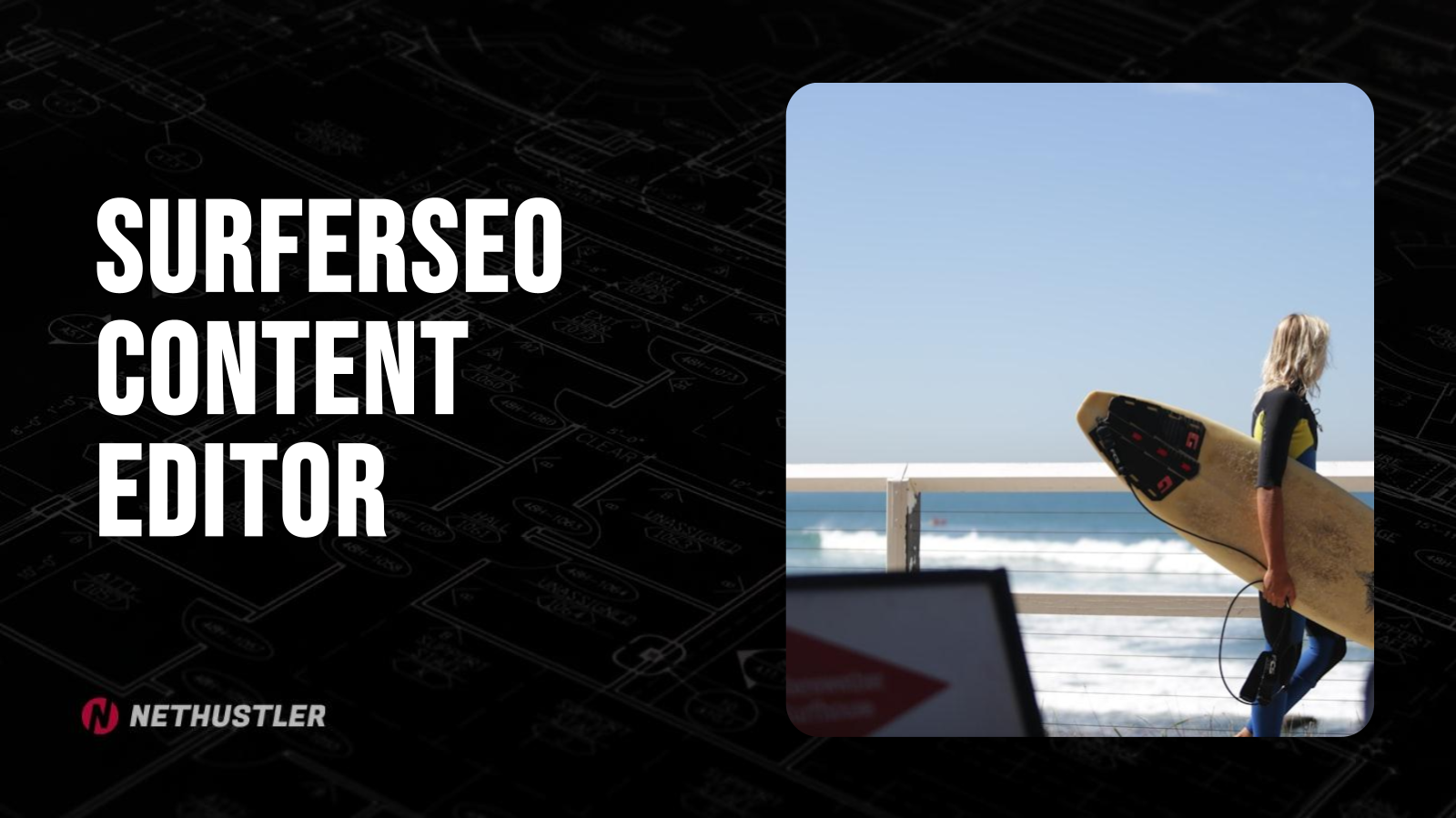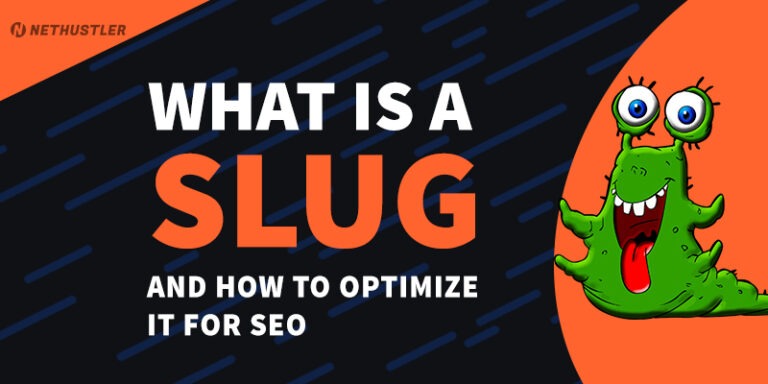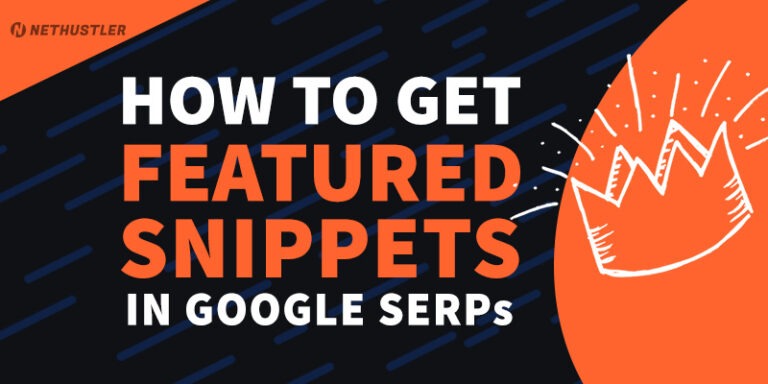Write SEO Friendly Affiliate Articles

You ever try to explain a joke to a toddler?
They just kinda stare at you. Blank face. They dont get the setup, the punchline, the nuance. They just know you’re making weird noises.
That’s basically you trying to write an article for Google without knowing the rules.
You’re just making noise.
And Google’s just staring at you. Blank face.
So you wanna write an SEO friendly affiliate article? Fine. But we’re doing this my way. No fluff. No garbage “guru” tactics that stopped working in 2015. Just the real stuff that actually gets you ranked.
Pay attention.
First, The Stuff You Do BEFORE You Write A Single Word

Look. If you screw this part up, you can just stop. Seriously. Don’t even bother writing the article. You’ve already lost.
This drives me nuts.
People just pick a keyword out of thin air because it sounds good. “Best coffee makers.” Oh, brilliant. You and 50 million other sites are going for that. Great plan.
You gotta dig deeper. What are people ACTUALLY asking?
This isn’t just about finding some low-competition keyword (though that helps). It’s about INTENT. What does the person typing that into Google really want? Are they ready to buy? Are they just looking for info? Are they comparing two specific products?
If you don’t know the intent, you can’t write the right article. Simple as that.
I’m not gonna re-explain all of keyword research here, I already did that. If you haven’t read my guide on keyword research, go do that now. I’ll wait.
…you back? Good. Don’t make me explain it again.
This is the phase where you use your brain, and maybe a tool like Ahrefs or SEMrush, to find a topic you can actually win.
Okay, Now Let’s Talk SurferSEO (And How Not To Be An Idiot With It)

So you’ve got your keyword. You’re ready to write. You open up a tool like SurferSEO and it gives you a big list of 50+ terms to include.
And what does everyone do? They panic and start stuffing those words in like they’re trying to win a keyword-stuffing contest.
“The best coffee maker is the best coffee maker for making the best coffee, and our coffee maker review confirms this.”
STOP. IT.
Are you kidding me? A human has to read this!
Surfer is a guide. It’s a robot telling you what other robots (Google) seem to like. It is NOT your boss. It’s an assistant. A kinda dumb one, tbh.
It’ll tell you to add a keyword 15 times. You dont have to. It’ll suggest terms that make no sense. Don’t use them.
Your job is to write a piece of content that is genuinely HELPFUL and READABLE for a human being. Then, you look at Surfer’s suggestions and see where they can fit naturally.
Use the suggested terms to make sure you’ve covered the topic completely. Use it to structure your article with the right H2s and H3s.
But for the love of all that is holy, write for the human first. The score will follow.
Now We Write. For Real This Time.

This is where the magic… nah, there’s no magic. It’s just work.
Your affiliate article cannot sound like a walking advertisement. People can smell that commission breath a mile away and they will click away so fast it’ll make your head spin.
You need to be real.
Did you actually use the product? Say so. Do you actually like it? Explain why. Does it have flaws? You BETTER mention them. A review that’s 100% positive is 100% fake in most people’s eyes.
Structure your thoughts so people can actually follow them. Use lots of headings. Short paragraphs.
Like this.
It makes it easy to scan on a phone. Nobody is reading a giant wall of text. Nobody.
And while you’re making it readable, you’re also making it easy for Google to pull out info for snippets. I’m talking about the little answer boxes at the top of the search results. Goldmine. I’ve already written about how to get Google featured snippets, and good formatting is half the battle.
Here’s a quick list of things that make me wanna throw my laptop out the window. Just dont do them.
- Writing in huge blocks of text. I just said this but it’s so important i’m saying it again.
- Being too formal. “Therefore, one might conclude…” just stop. Talk like a person.
- Hiding the flaws. Be honest. It builds trust. Trust leads to clicks. Clicks lead to sales.
- Focusing only on features. Nobody cares that it has a “lithium-ion 2.0 turbo battery.” They care that “the battery lasts all day, even when I’m watching videos.” Talk about BENEFITS.
Got it? Good.
The WordPress Part. The Final Polish.

Alright so you wrote the thing. You checked it against Surfer. It sounds like a human wrote it. Now you gotta put it into WordPress without messing it all up.
This is the easy part, but it’s also easy to forget.
Your URL slug. Make it short and sweet:
The right way:

yourdomain.com/best-drone-for-beginnersThe…. uhm not so right way:
yourdomain.com/2023/10/my-ultimate-guide-to-the-best-drone-for-beginners-and-why-i-love-itNobody has time for that.
Moving on to titles:
Your Title Tag (the SEO Title in Yoast or Rank Math). This is what shows up in the Google search tab. Make it clicky, but not clickbait. Put the main keyword in there.
Your Meta Description. This is the little snippet under the title in the search results. It doesn’t directly help with rankings anymore, but it helps get CLICKS. Make it interesting. Ask a question. Tell them what they’ll learn.
Oh, and internal linking. As you’re writing, you should be linking to your other relevant articles. Like how I’ve been doing in this post. It shows Google you have a bunch of knowledge on a topic and it helps you start building domain authority, which is the long-term game here.
You Published. Now What? The Work Ain’t Over.

If you think you hit “Publish” and the money just starts rolling in, you are living in a fantasy land. I mean, I wish it worked that way, that’d be awesome. But it doesn’t.
Publishing is step one.
Now you gotta promote it.
Share it with your email list. Post it on your social channels (if you have them). Answer questions on Quora or Reddit and link back to your article (but dont be spammy about it or you’ll get banned lol).
Google needs to see signals that people are actually reading your stuff. The faster it gets those signals, the faster it might rank you.
And remember that domain authority thing I mentioned? That takes time. A brand new site wont outrank a massive authority site overnight. It’s a grind. You write one good article. Then another. And another. Over time, Google starts to see you as a legit source.
There’s no shortcut. There’s no hack.
It’s just work.
Alright, my brain is fried. That’s everything I can think of. It’s not complicated, it’s just a process that most people are too lazy to follow correctly.
Don’t be most people.
Stay hustlin’,
Stephen






